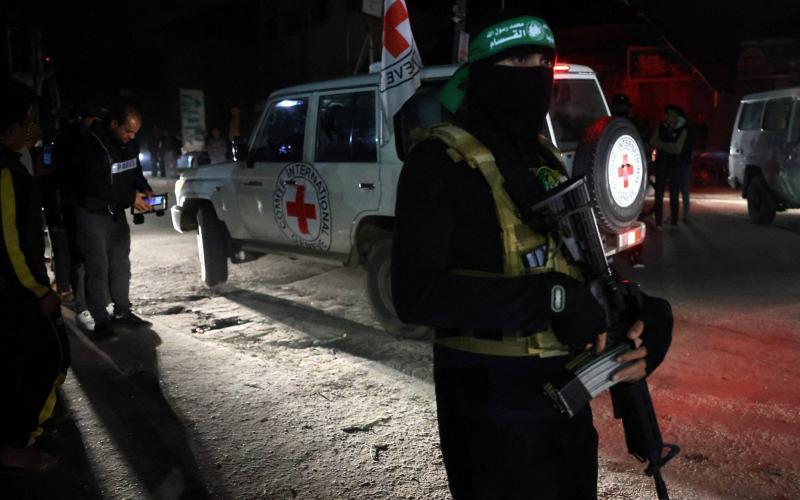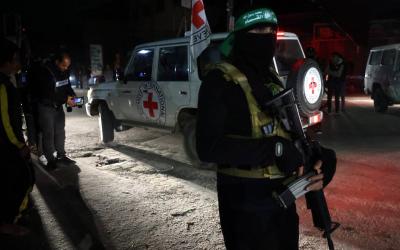The humanitarian suffering experienced by the Palestinians in the Gaza Strip is greater than we can imagine, and it weighs heavily on civilians, women, and children due to the severe damage inflicted upon them—not just through killing, but also through the wounded who have lost limbs. We must not forget the profound psychological crises that will become evident among the generation of children who have lived through this tragedy. There is great pain, and voices from citizens complain about what Israel is perpetrating through killings, starvation, and displacement. They demand an immediate halt to the war, pointing fingers at Tel Aviv and Hamas, considering both parties responsible for the current situation. The critical and dissenting voices of these Gazans, who oppose Hamas, are often ignored by many who seek to silence them in the media, minimizing their importance and portraying them as merely temporary disgruntled citizens.
Various calls persist for the continuation of fighting, claiming victory is a matter of patience and viewing this as a historic opportunity to liberate the land and defeat the occupation. They argue that sacrifices, including the loss of tens of thousands of lives, are merely natural costs borne by all peoples in their struggle for liberation and dignity. This "revolutionary" narrative involves significant cognitive and historical fallacies and simplifies a scene that is immensely complex, as the processes of liberation and resistance do not occur solely through armed means, but also involve civil methods and varied approaches to work towards building an independent state according to international legitimacy.
It is true that there is an extreme Israeli government that does not believe in a "Palestinian state" and seeks to impose a status quo through further settlement expansion, rejecting regional and international initiatives that call for a peace process. However, the actions taken by Hamas on October 7, 2023, did not pave a road to Jerusalem; rather, the results were catastrophic, leading to a disaster that exceeds what occurred in 1948. When weapons are used without wisdom, strategy, and policy, they become blind instruments that destroy rather than build.
Many sit behind cold screens, listening to songs and dancing to the rhythms of Palestinian folk dance while waving their keffiyehs. Others raise their fists, cheering and calling for the continuation of resistance, then return safely to their shelters with their stable and secure lives, while the people of Gaza pay the real and exorbitant price. Those reveling in the power of weapons should humble themselves and listen to the deep suffering of the bereaved families whose dreams and children have been snatched by Hamas, throwing them into the flames of the ongoing Israeli fire.




